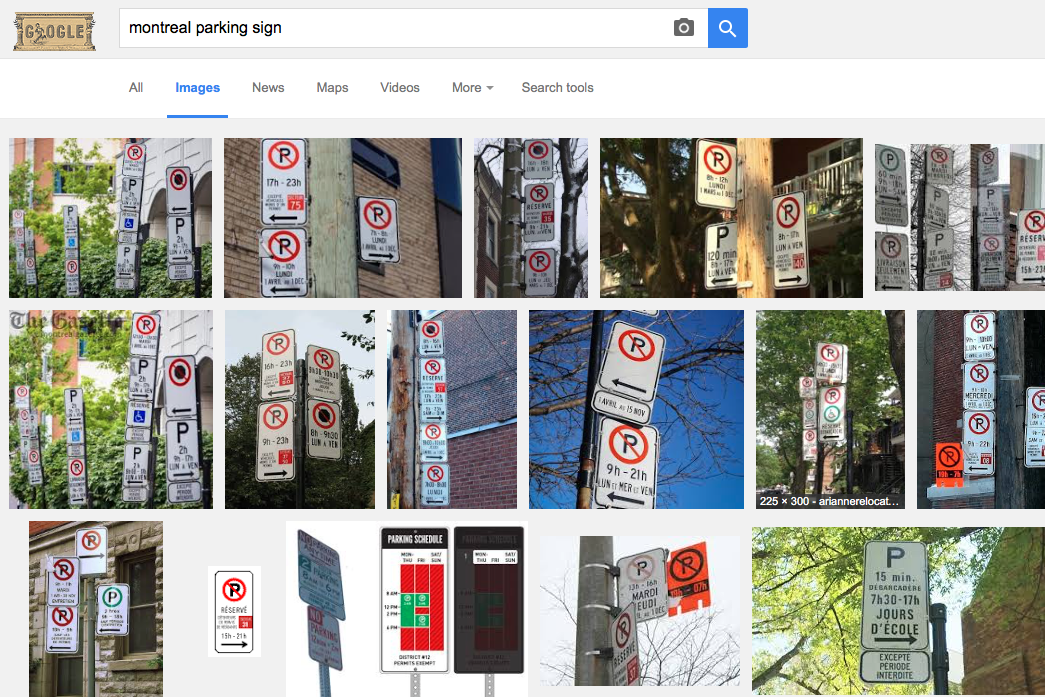Quality’s definition
1. The standard of something as measured against other things of a similar kind; the degree of excellence of something.
2. General excellence of standard or level.
3. A distinctive attribute or characteristic possessed by someone or something.
!
This is straight from the dictionary on my laptop. I really think it is a great definition. 3 great definitions in fact. All of them apply to our industry.
We do talk a lot about quality when pharmaceuticals are involved. Quality control, quality assurance (oh, by the way the latter does not exist in the Canadian regulation… check it out!). Quality this, quality that. And the ninth commandement includes it also. What does quality mean and how does it apply to us… all of us?
Let’s go back to the definition. Or definitionS rather.
Quality’s definition
1. The standard of something as measured against other things of a similar kind; the degree of excellence of something.
Measured against something… Hey that sounds like specifications! That is one thing we know about quality. Test our products against what they should be like, look like, act like. Standards, specifications and so on. Boy, do we know about that!
What some people do not realize is that these standards are the same one we impose on ourselves. These standards are the one that WE wrote in our drug application files. I repeat this in earnest : WE DID IT!
This is an important part of the regulation. We wrote the application and told the agency how our products would be tested and what kind of results we expect out of those tests. The least we can do is to respect this, our OWN standards of quality. The investigators do not impose anything, the government is not the evil eye who looks upon our shoulder to check if we deliver quality goods : They merely verify what we, ourselves, said we would do.
We wrote those specs to make sure we could produce quality product time after time and to make sure we had a way to verify that the quality was indeed the same. Every step of the production process, of the packaging process, the storage conditions in-house, etc., everything to make sure the product would be of high quality and affect the life of our clients, the patients, in a positive way.
Analytical methods are designed in such a way to confirm that we do repeatedtly deliver the right products in the right conditions.
These internals rules guide us at all levels.
Rules we agreed upon when we submitted our files for the drug.
Rules that make our companies lighthouses for other companies.
Rules that characterize the pharmaceutical industry.
We should be proud of those rules. Especially in recent years when crises after crises are shaking the meat industry. Those controls were implemented throughout our history (not always crisis-free…) and have been instrumental in building a level of trust with the public unequaled anywhere. Except for the banking system but this has dramaticcaly changed in the last months…
But first and foremost, we should respect those rules. Daily. And to respect them in a way that goes over the simple, vague and void pledge that some people vow. How can we influence our colleagues to ensure that they, too, believe in our sacred motto, this apothegm of compliance : You shall control quality?
For a start, skip the WHAT for a moment and focus on the WHY. The WHAT is covered fully in our procedures. Mostly uninteresting stuff for most people, but required and important nonetheless. But again, skip the WHAT.
Go for the WHY. The most important part of the regs, the lines bewteen the lines. Go deep into that to convey the reason behind the regs. Repeat the pharma mantra (trying saying the last two words very fast 7 times in a row…;-)) : safe and effective! Then go for the specifics. Most people skip the WHY to focus on the WHAT.
DON’T!
Most people (and I mean most people!) just want to do what has to be done and go home. They were told for ages to do just that. But then, look who’s coming for dinner… the Y generation. The WHY generation. We might as well understand ourselves WHY we have all those rules before they start asking questions… Oh, they have started already? GOOD!
Someone, a wise man I forget the name of, said :
“When one understands the WHY one can live with the WHAT”
He is probably dead by now but he was truly a wise man. It is revealing that once we understand the WHY behind our rules we might very well be on our way to comply with the second definition of the word quality.
Quality’s definition
2. General excellence of standard or level.
How can a company achieve a level of general excellence if the specifics of it are not part of the culture. “The devil is in the details” goes the popular saying. So it goes for our products and our reputation. Tiny details can be the undoing of a company’s reputation. A faulty bottle with thinner-than-usual walls might seem insignificant to the purchasing clerk who does not understand the specs and order the cheapest commodity instead of the right one. The pH limits are not to be discussed by the analysts but only respected. Examples of minor deviations abound… in every company. And they have ultimately an impact on the general excellence we seek.
Once the details are taken care of, once everybody lives bt the specifications and the standards of quality, the real quality, the general excellence, will be achieved. But in this endeavour, the final mission must always be clear in our mind and close to our heart, the pharma mantra, SAFE AND EFFECTIVE for the clients.
“Seek not to do as the masters did but seek what they what they sought!” Another wise man’s thoughts! And one that allows me to go back to the last definition of quality.
Quality’s definition
3. A distinctive attribute or characteristic possessed by someone or something.
What is specific about the pharmaceutical industry?
What is our distictive attribute?
What is the unique QUALITY of pharma?
What is it that distinguishes us from other manufacturing fields?
Any company has one role : Offer to the clients a product or service that will help them, make them better, happier. Same for us. Money comes afterwards. Once the service or product is sold. Money ALWAYS comes when the goods are… good. BUT the pharmaceutical industry is atypical. Our goods not only help or make people happier… Up to a point, several of our product also make our clients stay our clients longer by keeping them alive longer. The average life expectancy of human beings has gone from 50 to 80 or so years in less than a century. I do not think any other product or service has done that to the human race.
Ok, I agree, we DO have a few more rules to follow and respect that most industries. That is the price of quality. That is also the reward to have that distinctive attribute that is so pharma!
Quality, all three of them. Good for us!
Have fun, learn well and stay compliant!
Keep on having fun educating your colleagues!
“Quality is never an accident; it is always the result of high intention and skillfull execution; it represents the wise choice of many alternatives.”
W.S.Foster
“Quality is not an act, it is a habit!”
Aristotle
“Quality means doing it right when no one is looking”
Henry Ford
Do not forget to share !
Use the icons below to share to LINKEDIN , FACEBOOK and Twitter!
And the last one! The last of the ten commandment of compliance!
Par François Lavallée, M. Sc.
© Copyrighted material Aliter Concept 2015. Please do not print or copy without permission from the author.
BUT DO SHARE IT using the social network buttons !!




